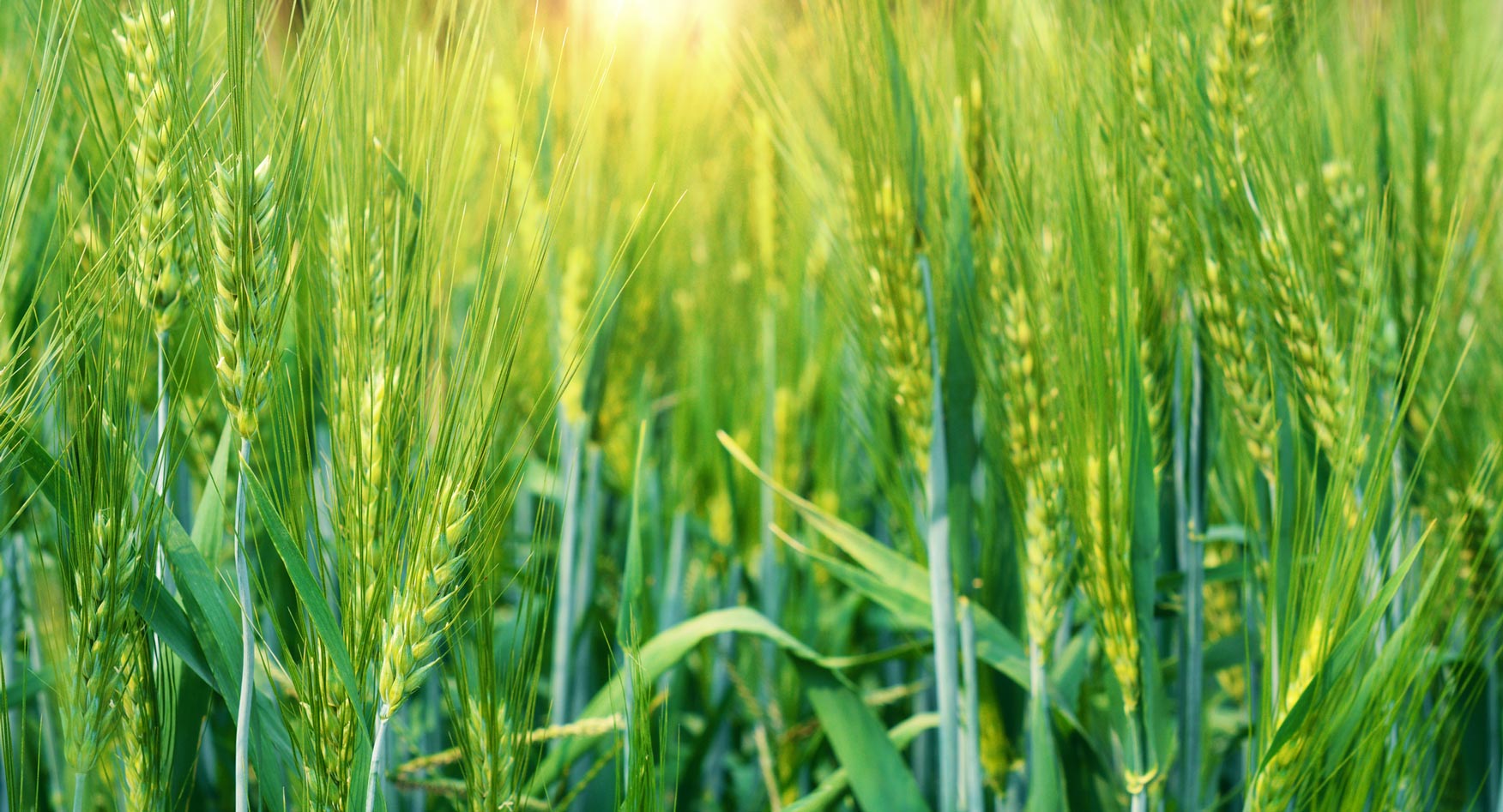Recently I have been reading a book by Jeremy Gutsche called Create the Future: Tactics for Disruptive Thinking. In it he talks about how humans are more dependent on past decisions than we like to admit and how often the past drives future decisions, causing us to blindly move forward. We fail to question why a decision was made to begin with and whether a better path might exist.
This got me thinking about a topic I’m passionate about and one that is top of mind for consumers today— sustainability. More than ever before, consumers are seeking out products that help the earth versus harm it. Unfortunately, a significant amount of blame is often placed on the cattle industry for its contribution to the planet crisis through methane emissions and other practices. I recognize that “reinventing” the way we produce beef to make it more environmentally friendly is incredibly complex. There are no simple solutions. However, as Einstein said, “Madness is doing the same thing over and over again and expecting different results.” That’s why I wanted to highlight a few disruptive agricultural innovations that are currently out in the world. These are novel and creative options to consider as we progress from traditional practices to potentially breakthrough solutions. Are any of these a magic bullet? Probably not, but I applaud the desire to think differently when it comes to addressing the planet’s climate challenges. I don’t share these wild ideas as endorsements, but rather thought starters. My hope is that they will provide a springboard to open your mind and push your thinking forward.
Seafood for Cows
Symbrosia, a U.S. based startup, has developed a feed from seaweed to help solve the climate crisis. The company has invented Sea Graze™, a red seaweed feed grown from sun and seawater in Hawaii. Their current research shows that adding a sprinkle of this macroalgae to livestock feed naturally increases growth rate and reduces livestock emissions by 90%. SeaGraze™ claims to be created using 100% renewable energy as well as safe for all livestock consumption.
Who would have thought a product that reduces methane from cows grazing on land would come from the sea? This is the kind of innovative thinking that needs to be happening to solve the complex issues related to climate change. We must ask ourselves: What can we learn from other industries?
To learn more: https://symbrosia.co/seagraze
Harnessing Cow Burps
A recent winner of the Terra Cart Design Lab competition is a mask for cattle designed to capture the methane they expel. Created by a design group called Zelp based in the United Kingdom, the wearable technology is a fitted harness that rests comfortably around the cow’s head. As the cow exhales, methane travels through a catalyst where it is oxidized and released as water vapor and CO2.
Might these cow masks be coming to a farm near you soon? Maybe. As a brand strategist who is charged with “thinking differently,” it is heartening to hear that researchers are coming up with truly unique ways to address methane emissions.
To learn more: https://www.zelp.co/
Kombucha for Cows
Fonterra, a dairy company, is creating an innovative new probiotic for cows called Kowbucha™. Kowbucha has the potential to reduce methane emissions from dairy cattle by up to 50%, according to unpublished results. Kowbucha attempts to switch off bad bugs in the gut and stop the process of methane production within the animal. On-farm trials of Kowbucha began in fall of 2021 and results are expected sometime in 2022. The animals will be studied for a minimum of 12 months to track longer term methane emissions.
Humans are aware of the gastrointestinal health benefits of Kombucha… how neat is it that this knowledge is also being applied to reducing methane in animals?
To learn more: https://www.fonterra.com/nz/en.html
Breakthrough ideas always seem a bit crazy at first— motion pictures, hydroelectric power, the first car, the iPod, and now the Metaverse all experienced a level of skepticism and disbelief when they first entered the public sphere. However, each of these was the catalyst for something greater. I truly believe that by harnessing the power of collective and innovative thinking, we can all work toward creating a better and more sustainable future.

